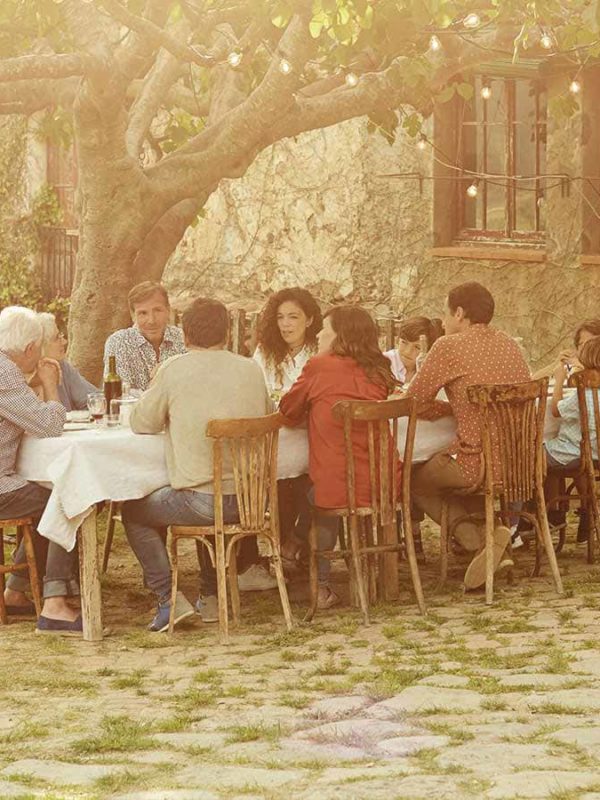Knowing how to love and be loved is a personal conquest. It results from a decision and the effort put in to carry it out. Loving is an intelligent art that stems from virtues. Maturity is not reached randomly; neither is it improvised. Knowing how to love, therefore, is pure wisdom.
Text
“This is hardly to suggest that we cease warning against a cultural decline that fails to promote love or self-giving…symptoms of a “culture of the ephemeral.” Here I think, for example, of the speed with which people move from one affective relationship to another. They believe, along the lines of social networks, that love can be connected or disconnected at the whim of the consumer, and the relationship quickly “blocked”. I think too of the fears associated with permanent commitment.” (The Joy of Love, n.39)
Commentary
Becoming true lovers takes time, time to mature and develop love. Interpersonal relationships have the opposite characteristics of social networks. This confuses young people (and not so young) in their love life; they believe that loving one another occurs rapidly, that they can control everything dedicating themselves to it, without investing time, without putting into play virtues and values, without making mistakes and rectifying. Such an error may be leading our youth to become disenchanted with living true love.
We are born without knowing how to walk, talk, dress and live on our own. We learn these skills with time and effort. And the same occurs with love. We are born with a great need to be loved but hardly mature enough to actually love. Becoming true and god lovers, capable of giving ourselves and embracing others, requires learning, education, time, and effort.
Learning to love genuinely and doing it well is a fascinating challenge. Our personal maturity is at stake in its achievement. Who manages to love and possess its wisdom overcomes all loneliness, finds in his loved ones the reasons to live, and removes the inner anguish and emptiness of the soul from his existence.




























